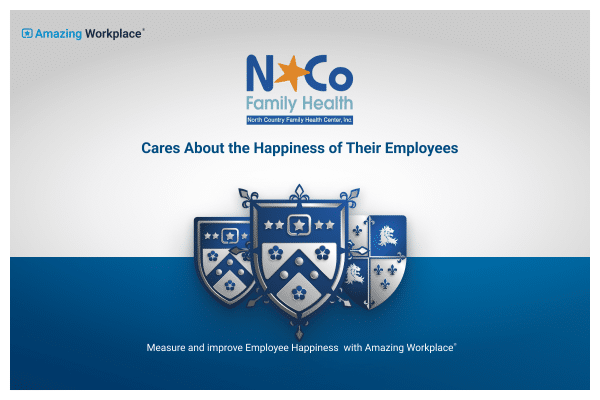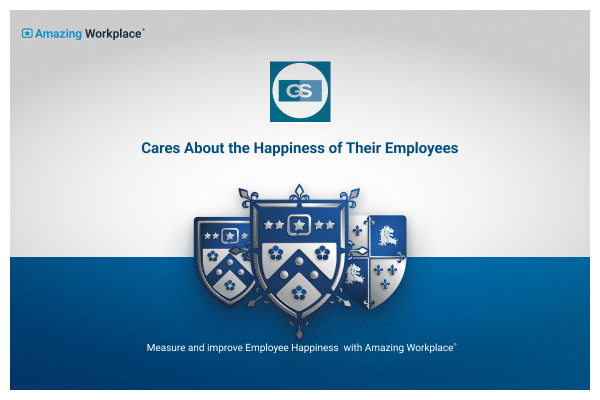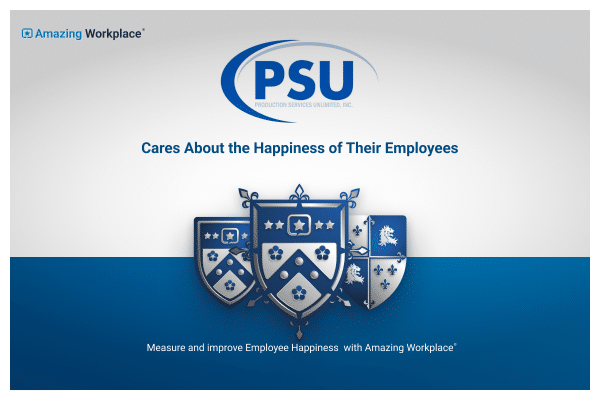The Dangers of High-Stress Work Environments
Limit-pushing work may be a gateway to a toxic workplace

In some businesses, high intensity, always-on work has long been a norm. One workplace was recently in the news for a presentation that said “You are ‘online’ 24/7. No exceptions, no excuses,” and “‘I don’t know’ is never an acceptable answer.”
It’s not a revelation that working in conditions like this drastically increases work stress. But Donald Sull from the MIT Sloan School of Management and an expert in corporate culture, says in the linked article that this kind leadership “increases the likelihood of toxic culture.”
According to Sull, a toxic workplace culture is identified by a set of characteristics:
- Noninclusive. The workplace regularly treats people unfairly based on their gender, race, sexual identity and orientation, disability, or age. Organizations like this are often marked by having cliques or groups of people who exclude others.
- Disrespectful. The workplace takes employees for granted. Policies, processes, and decisions are formed without due regard to the employees needs, wants, or feelings.
- Unethical. The workplace is home to dishonest behavior, where people choose not to tell the truth so they can further their own purposes. They may also ignore or skirt legal requirements.
- Cutthroat. The workplace has problems with teams working poorly together, employees choosing to ignore the good of others, and people undermining each other to get ahead.
- Abusive. The workplace has supervisors, leaders, or even coworkers who engage in bullying, yelling, making fun of others, and demeaning people.
So, how does high-pressure become high-toxicity? The extreme demands placed on leadership and the dysfunctional management philosophy create leaders who demand everything from their subordinates. These employees react by going into survival mode. Not respected themselves, they disrespect others in the workplace and are forced into hyper-competitive habits and stop seeing their coworkers as people. Frayed nerves lead to angry, sad, and even lonely people who do not treat each other well. Somehow, employers excuse this with the line that “it’s not for everyone.”
It may be not for everyone, but it’s likely also not profitable. Toxic workplace culture is devastating to companies’ bottom lines. Turnover skyrockets in these environments, and burnout tanks productivity. Frequently, companies are forced to boost retention and talent with extreme premiums in compensation. This is an expensive way to pay for stressed-out employees.
Win together, not sink-or-swim
Workplaces can have a fast-paced, ambitious culture without resorting to pushing people to their breaking points. It starts with a vibrant workplace culture, supportive leaders, and a culture of respecting and encouraging employees. At Amazing Workplace, some things we think about for this type of culture are:
- Show respect. Always treat workers in a caring, professional manner. High-pressure workplaces can be amazing, but not unless they treat employees with respect. Leaders and managers can support this by showing what it looks like to push hard while keeping within bounds and showing a powerful sense of support and care for their teams.
- Cultivate a sense of safety. Start checking in with employees one-on-one, once a week to hear their feelings and help with their goals. Just listen and help. Avoid micromanaging employee time off and time away from the desk, and don’t try to police what how much time employees are working. Instead, track what they get done.
- Celebrate achievements. Acknowledge teams and individuals for big wins. Use email chains, messaging groups, and live meetings as spaces for BIG celebration and encouragement.
- Reward performance. Employees want to reap the rewards of their hard work as it happens. Teams hit an objective ahead of schedule? Give them the rest of the day off. Have a big quarter? Rent a theater for everyone to see the latest blockbuster together.
- Work hard, play hard. Performance is higher in employees with a healthy work-life balance. Generous PTO lets employees look forward to time to celebrate life. Managers can also help by coordinating and covering in real time to make sure folks can handle their day-to-day needs without getting overwhelmed.
Have an intense, fast-paced workplace and want to learn more? Try our Employee Happiness Survey and start getting insights on a happier, more productive group where you are.


